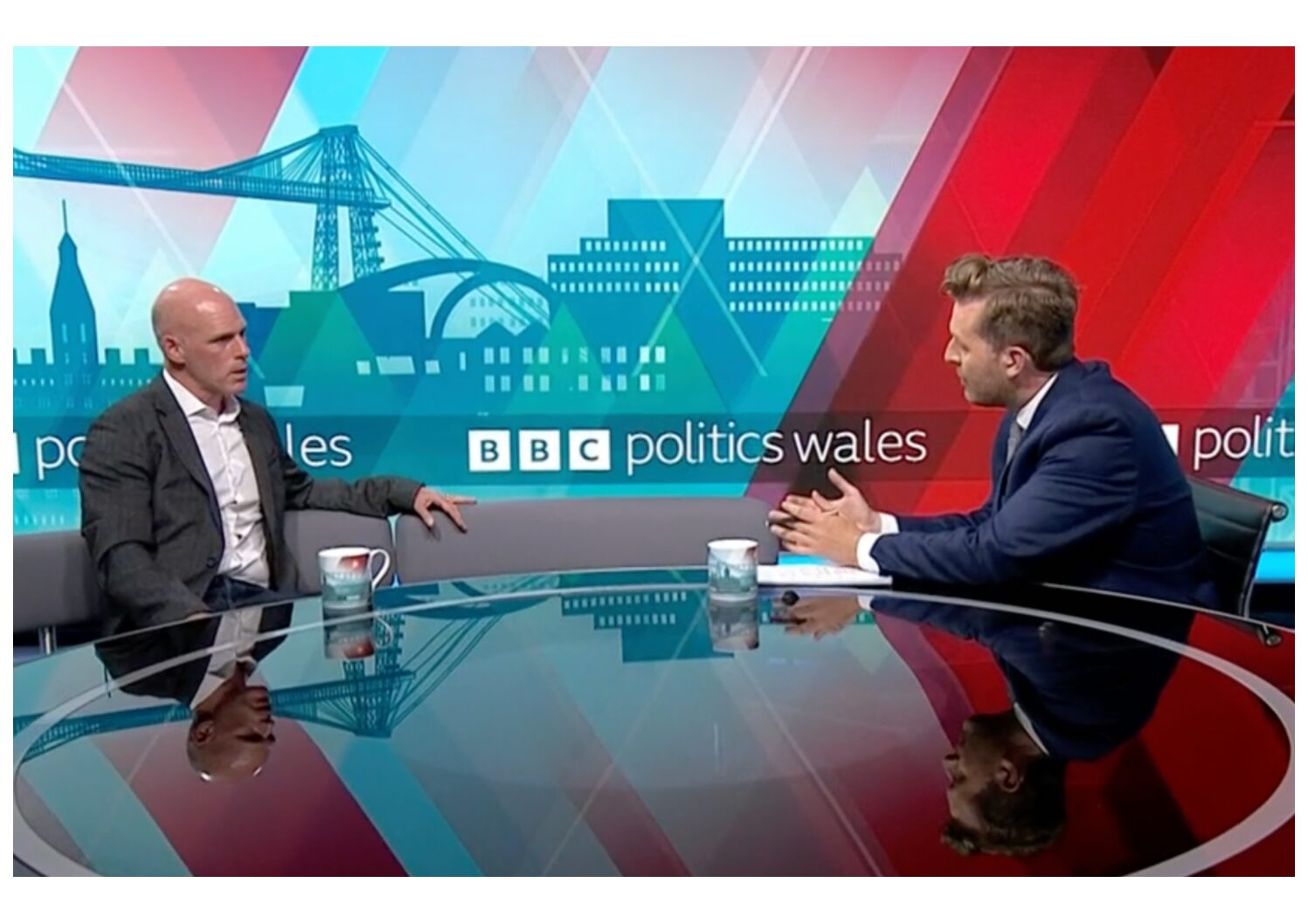
“A Town Needs a Reason to Live. And You Won’t Find It in the Tourist Information Centre.”
Each year, as the Hay Festival descends on the small Welsh border town of Hay-on-Wye I take a moment to reflect on the man who made this place matter long before the celebrity panels, book signings and global media coverage arrived. This is now something of an annual habit for me: a chance to revisit the legacy of Richard Booth, who I believe remains one of the most underrated figures in the placemaking and town regeneration movement.
In previous years, I’ve written about his anarchic quotes like “So many Welsh towns are run by stupid people” and his rallying cry, “If you want to build a town, do it yourself.” These were never just provocative soundbites—they were born of deep frustration with bureaucracy and a passionate belief in the power of place, people, and ideas.
This year, it’s another of his characteristically blunt and brilliant observations that sticks with me:
“A town needs a reason to live. And you won’t find it in the Tourist Information Centre.”
Booth knew that meaningful regeneration doesn’t start with glossy brochures or top-down strategies. It starts with purpose. With an idea. With something real to rally around.
Booth gave Hay that purpose. He didn’t write a vision document. He bought empty buildings, filled them with books, and encouraged others to do the same. He created jobs, stories, and pride in a place that had been drifting. In doing so, he sparked a global movement—one that’s now been replicated in more than 50 towns worldwide.
Today, the Hay Festival is a impressive spectacle of literati, political heavyweights, and media personalities. There’s no denying its cultural and economic impact and I certainly enjoy going there myself. But it’s also a far cry from the dusty, idiosyncratic second-hand bookshops that first gave Hay its identity—and from Booth’s own vision of anti-corporate, anti-glitz placemaking. Ironically, he resented the Festival’s polished sheen, even while recognising its effect.
As towns across Wales and the UK wrestle with sameness, retail downfall, and disconnected regeneration strategies, we could do with a bit more Booth. He reminds us that real placemaking doesn’t just come with a fine-looking CGI or a 10-point action plan. It comes from risk-taking, rebellion, and relevance. It comes from asking: what is this town for? And answering with something people can believe in—not just something they can consume.
Owen











Recent Comments